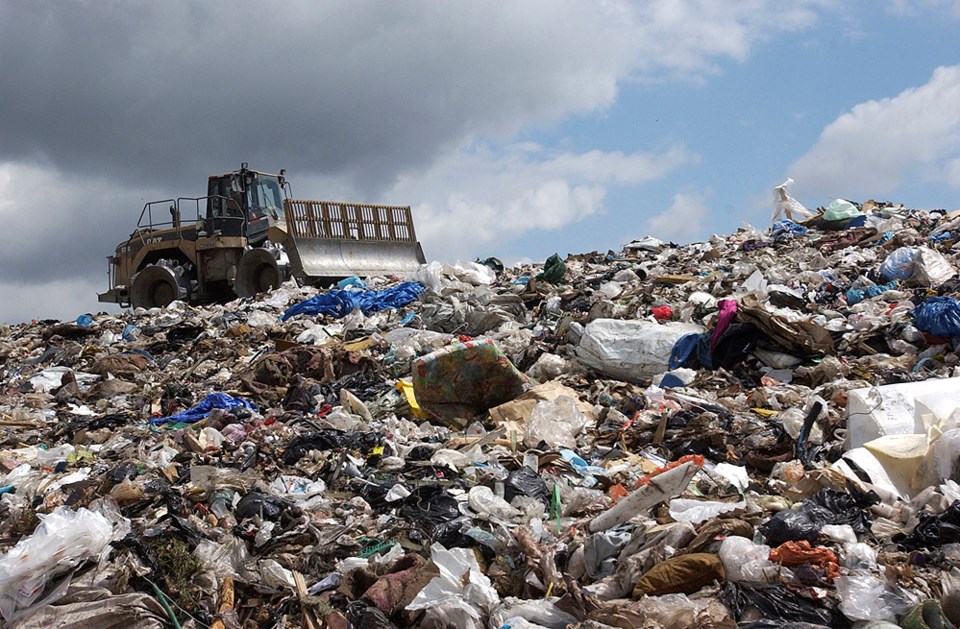An early closure of the Vancouver Landfill would cost the City of Delta major dollars.
Delta council hosted a workshop at city hall this week to hear from Metro Vancouver representatives about the region’s waste management plans, which will play a big part in determining the future of the landfill within the regional waste management system.
A Delta engineering department memo notes an early closure of the Vancouver Landfill “could have a significant financial impact to Vancouver and Delta.”
Metro Vancouver, Delta and the City Vancouver currently have a tripartite agreement which ends in 2037. There’s also a separate agreement on the operation of the landfill, located next to Burns Bog, which includes the royalties paid to Delta on the amount of waste received. Delta also gets free disposal of household waste.
The city’s finance department told the Optimist that Delta received over $1.8 million for hosting the landfill last year.
The 1999 tripartite agreement defined the remaining capacity at the landfill at 20 million tonnes and as of the end of 2018, there was space for approximately 8.5 million tonnes.
There is more physical capacity available, though, meaning more waste could be disposed of at the landfill with a new agreement between Vancouver and Delta.
Meanwhile, as far as the region’s organics management, a commitment was in place by Metro Vancouver to develop regional organics processing facilities, but the Metro board subsequently decided not to pursue it and is relying on the private sector.
“With the closure of the Harvest Power facility in Richmond, the only processing facilities within Metro Vancouver are the GFL facility (in East Ladner) and the Surrey biofuel facility. The remaining organic waste generated in the Metro Vancouver region is processed at facilities in Pemberton, Abbotsford, Lytton and Cache Creek.
“Metro Vancouver’s current strategy is to expand capacity at its transfer stations to allow commercial organic waste to be received and transferred to organic processing facilities within or outside of Metro Vancouver,” the memo notes.



